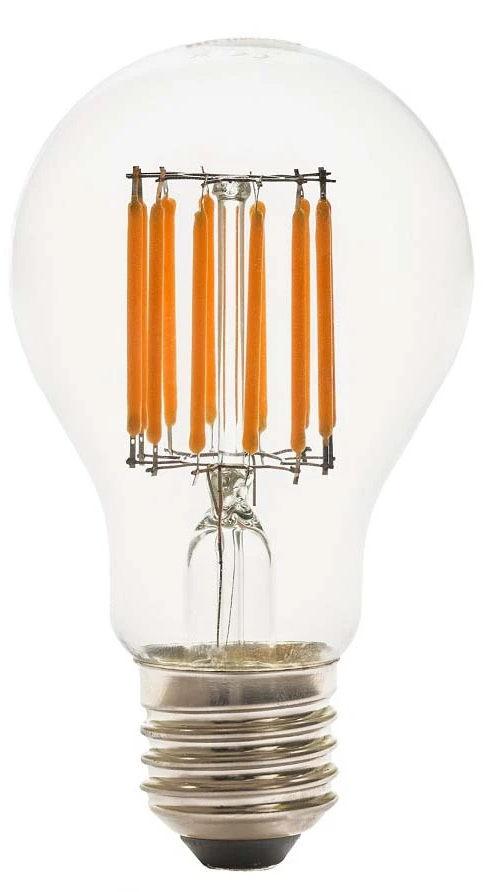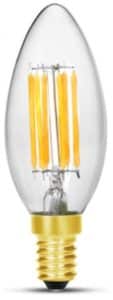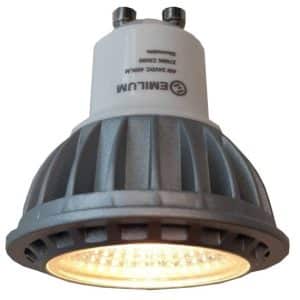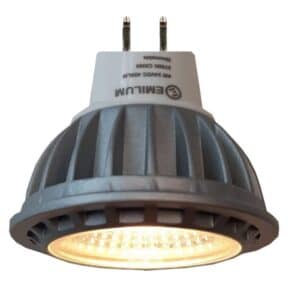Lamp holders and base overview
When choosing the right lampholder or base for your lamps, it is important to know the different options. In this article, we compare the most common lampholders/bases and provide you with a clear and understandable base overview.

Details of the lampholders:
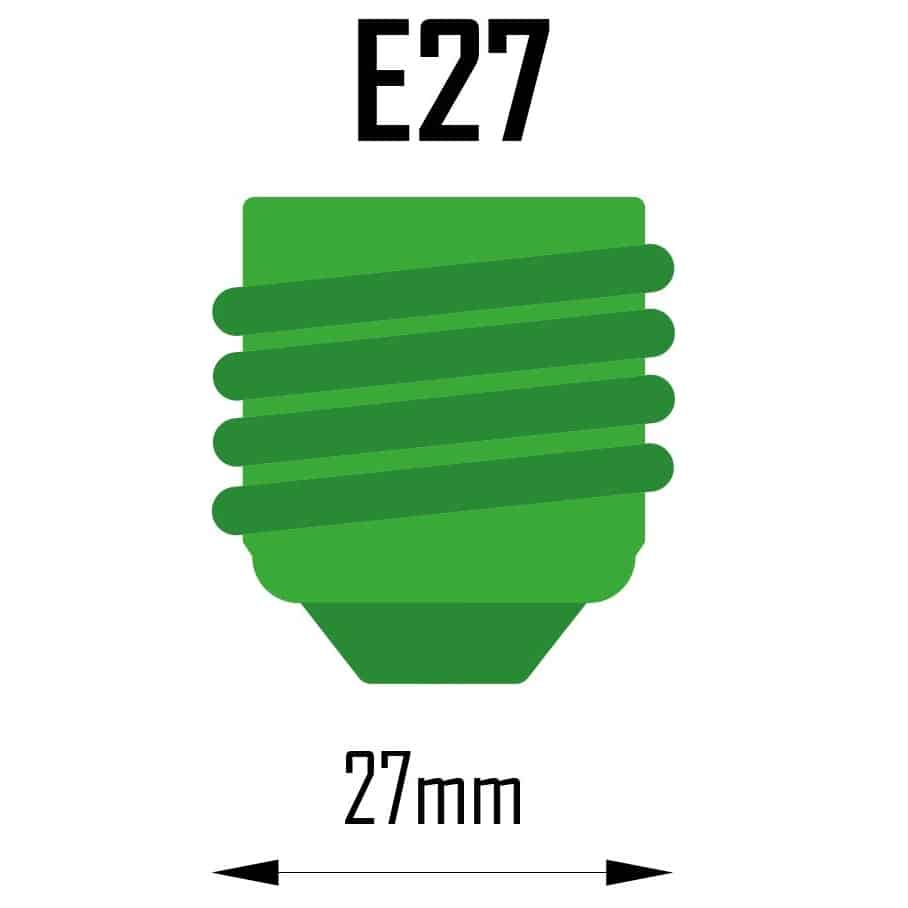
E27 base
The E27 socket is one of the most commonly used sockets in the world. It has a diameter of 27 mm and is designed for a voltage of 230V. This socket is suitable for incandescent bulbs, LED lamps and energy-saving lamps. Thanks to its size and robust design, it is widely used in general lighting applications such as ceiling lights, floor lamps and table lamps. The E27 socket is known for its ease of use and versatility, making it a preferred choice in residential and commercial spaces.
- Diameter: 27 mm
- Rated voltage: 230V
- Uses: Often in standard light bulbs, LED lamps and energy-saving lamps
- Applications: General lighting in living areas such as ceiling lights, floor lamps and table lamps
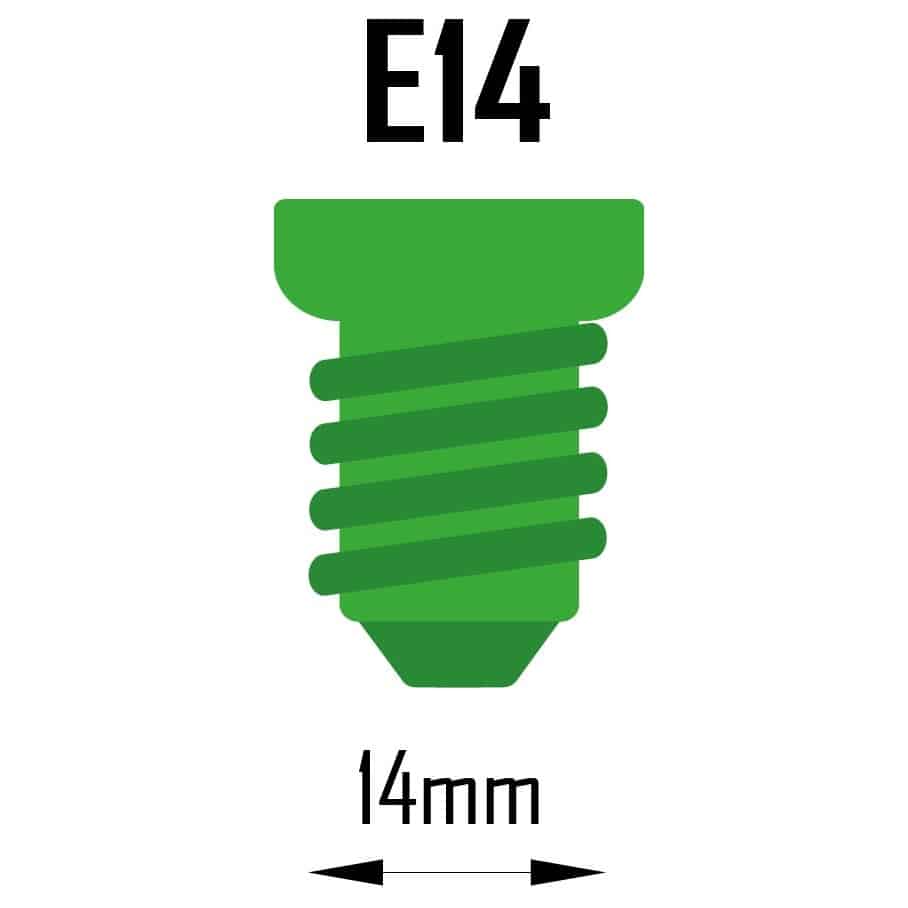
E14 base
The E14 socket is smaller than the E27 and has a diameter of 14 mm. It is also operated with a voltage of 230V and is mainly designed for smaller light bulbs and LED lamps. This socket is often found in decorative applications such as chandeliers, wall lamps and night lights. Its compact size makes it ideal for rooms where less light is required or where aesthetically pleasing lighting is desired. The E14 socket is particularly popular in Europe and is often used in decorative lighting solutions.
- Diameter: 14 mm
- Rated voltage: 230V
- Use: Smaller light bulbs and LED lamps
- Applications: Decorative lighting such as chandeliers, wall lamps and night lights
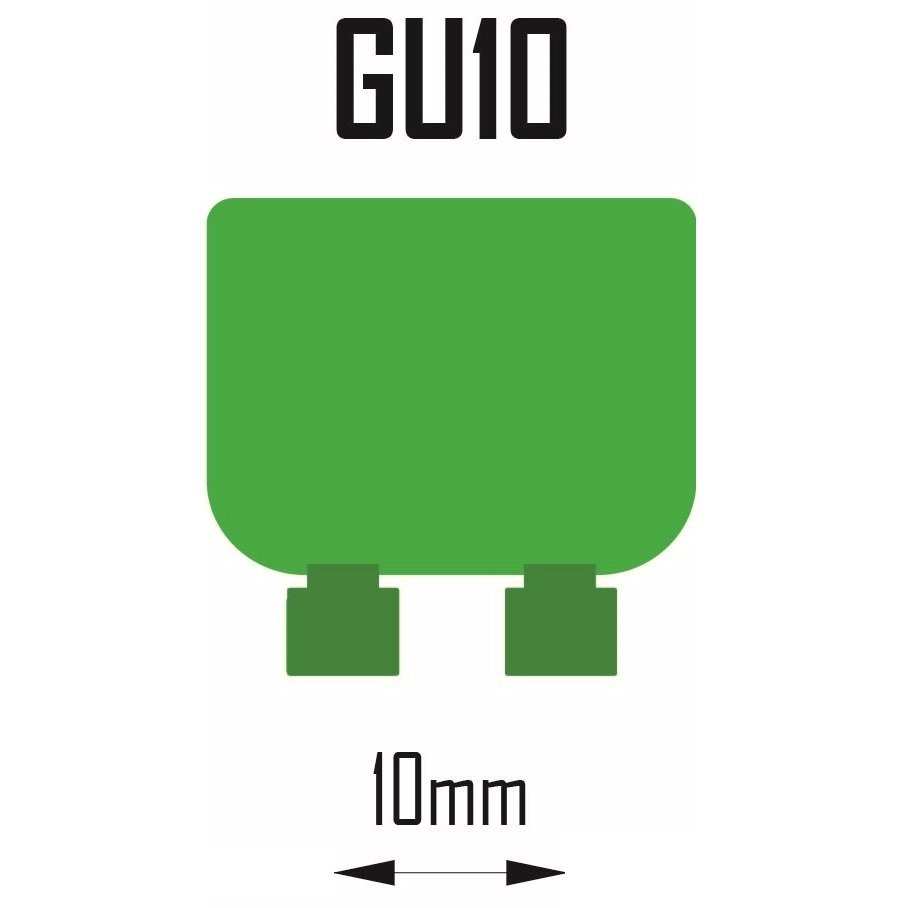
GU10 base
The GU10 socket has two pins with a distance of 10 mm and works with a voltage of 230V. This socket is suitable for LED and halogen lamps and is mainly used in spot and accent lighting. The GU10 socket is characterized by its easy installation – the lamps are inserted and locked into the socket by twisting. This makes them ideal for use in ceiling spotlights, accent lighting and recessed luminaires. The GU10 socket is particularly popular in modern interior lighting.
- Diameter: 10 mm
- Rated voltage: 230V
- Application: LED and halogen lamps
- Applications: Spot lighting, accent lighting and ceiling spotlights
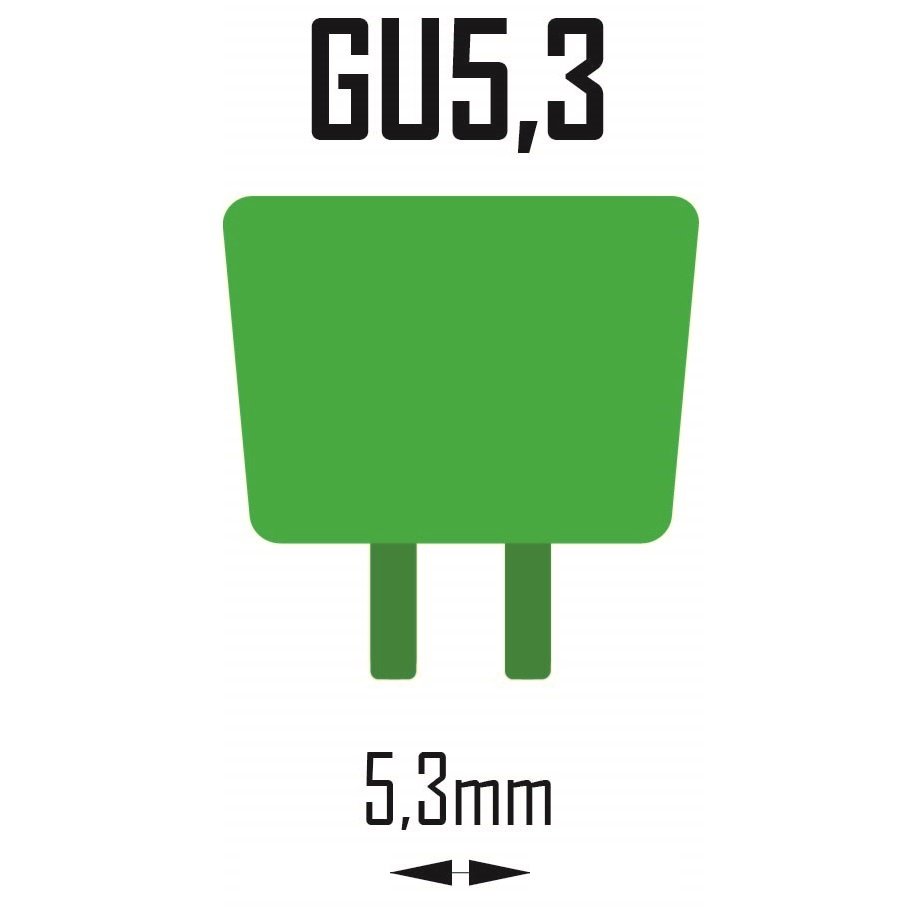
GU5.3 socket
The G5.3 socket has two pins with a spacing of 5.3 mm and is typically operated with a voltage of 12V or 24V. This socket is suitable for LED and halogen lamps and is often used in low-voltage lighting systems. G5.3 sockets are ideal for recessed spotlights and accent lighting in residential and commercial spaces. Their compact design and the ability to install them in small luminaires make them particularly versatile and flexible.
- Diameter: 5.3 mm
- Nominal voltage: 12V or 24V
- Application: LED and halogen lamps
- Applications: Low-voltage lighting systems such as recessed spotlights and accent lighting
Comparison table: Lampholders
| Fassung und Sockel | Spannung | Leuchtmittel Technologie | Form und Ausführung | Durchmesser / Pin-Abstand | Anwendung |
|---|---|---|---|---|---|
| E27 | 230V (24V) | Glühbirnen, Halogen, Energiesparlampen, LED | Bulb, Edison-Birne, Kerze, Röhre, Kugel, Opal, Kopfverspiegelt, LED-Filament | 27mm | Decken-, Wand-, Steh- und Tischleuchten |
| E14 | 230V (24V) | Glühbirnen, Halogen, LED | Kerze, Tropfen, Kugel, Bulb, Dekolampe, Softtone, LED-Filament | 14mm | Kronleuchter, dekorative Leuchten |
| GU10 | 230V (24V) | Halogen, LED | Spot, Strahler, PAR16, MR16, Reflektor, LED | 10mm | Spots, Ein- und Aufbaustrahler |
| GU5.3 | 12V, 24V | Halogen, LED | Spot, Strahler, PAR16, MR16, LED | 5.3mm | Spots, Ein- und Aufbaustrahler |
| GU4 | 12V, 24V | Halogen, LED | kleine Spots und Stiftlampen | 4mm | meist in Dekorativen Leuchten verbaut |
| G9 | 230V | Halogen, LED | Kleine Stiftlampen, Halopin, Zylinder, Maiskolben, LED | 9mm | Deko-Leuchten und mehrflammige Leuchten |
Reflector sizes - comparison (MR11 and MR16)
MR16 and MR11 is part of the standardized format for MR lamps. MR stands for multifaceted reflector and the number in the lamp shape (16, 11) defines the diameter (50mm, 35mm). The number is a multiple of an eighth of an inch (i.e. 16/8″ = 50mm, 11/8″ = 35mm). The diameter of the reflector should not be confused with the lamp base, as MR16 spotlights, for example, are available with both GU10 and GU5.3. Nevertheless, the MR16 spotlight is usually referred to as a GU5.3 spotlight with an MR16 reflector.
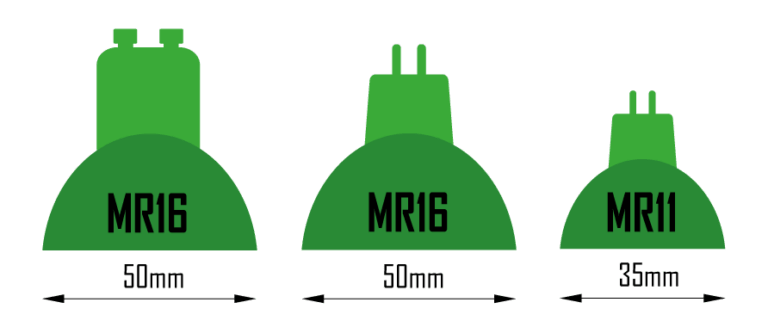
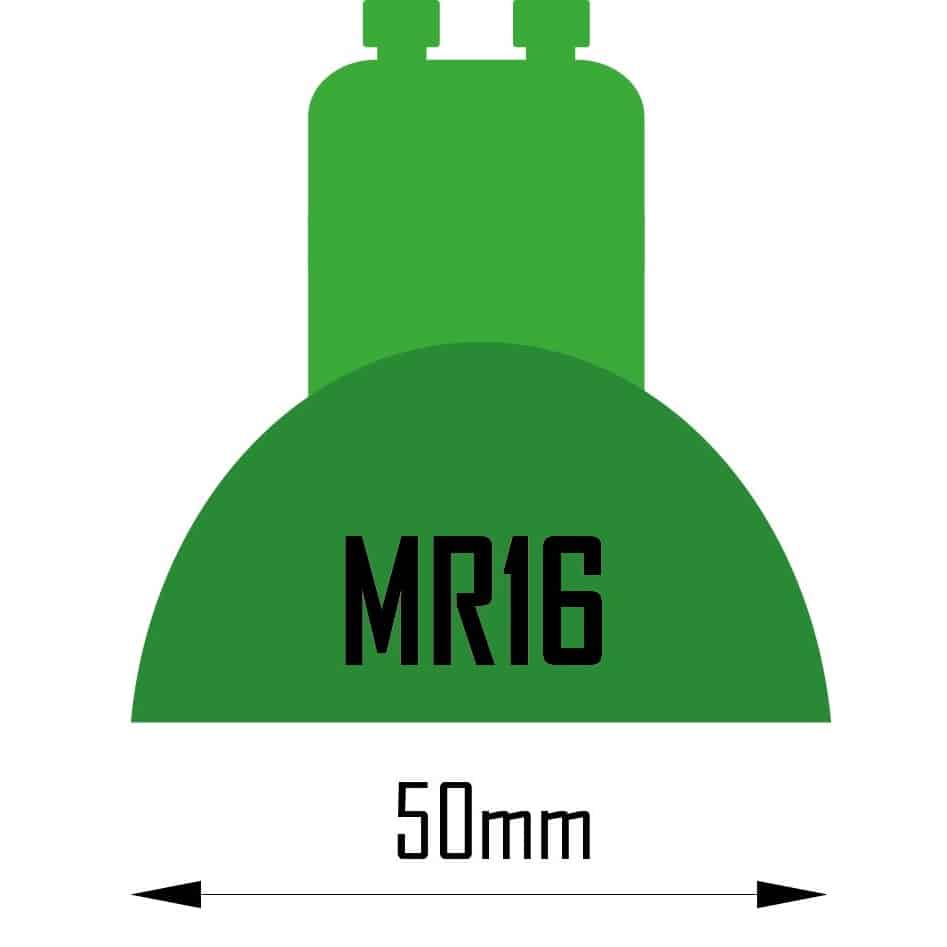
MR16
The MR16 reflector (50mm) is larger than the MR11 and offers a more powerful light output. This is used in a variety of applications including accent lighting, spot lighting and general ambient lighting. MR16 lamps fit both GU5.3 and GU10 bases and a variety of different LED spot light sources are available.
- Diameter: 50 mm
- Nominal voltage: 12V, 24V or 230V
- Application: LED and halogen lamps
- Applications: Spot lighting, accent lighting and ceiling spotlights
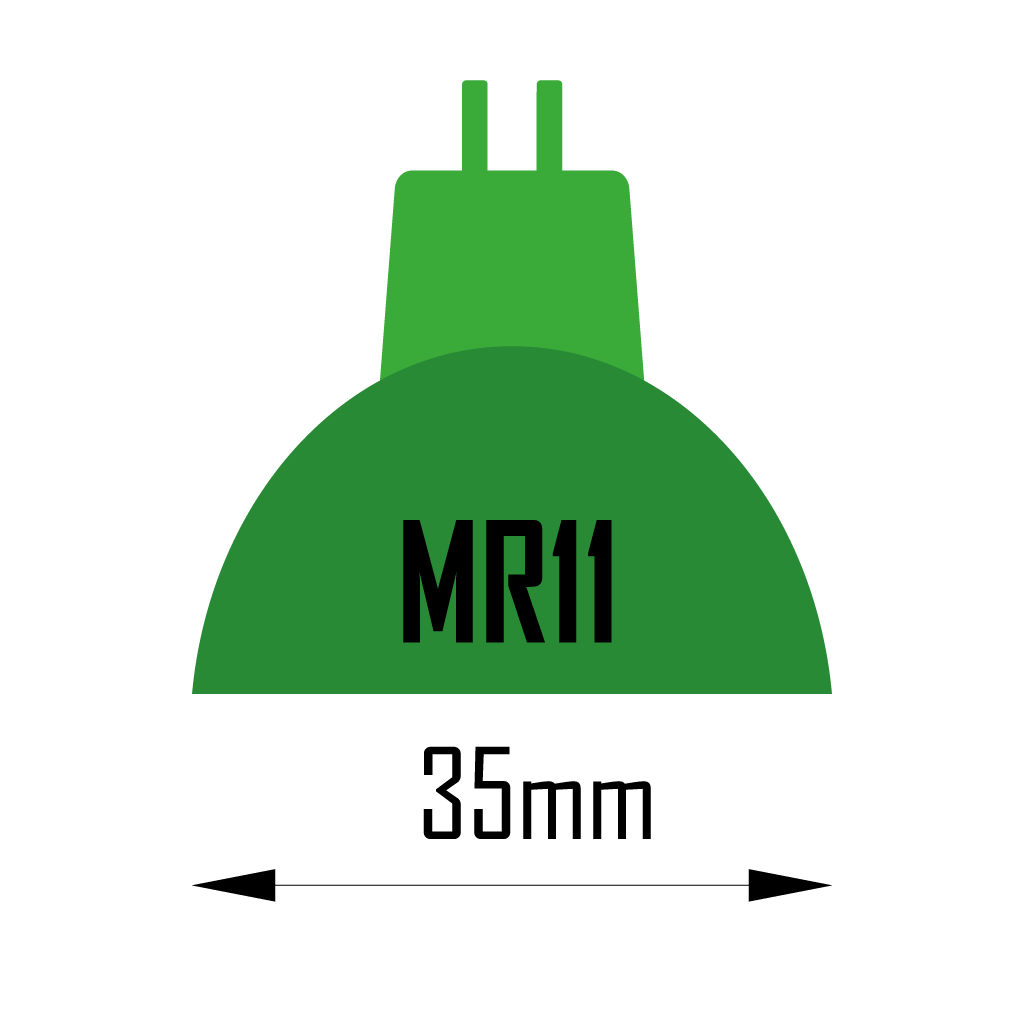
MR11
The MR11 reflector (35mm) is smaller than MR16 and is ideal for accent lighting and applications where a concentrated light source is required. It is often used in spot lighting and accent lighting. MR11 lamps offer precise light control and are ideal for decorative lighting purposes.
- Diameter: 35 mm
- Nominal voltage: 12V or 24V
- Application: LED and halogen lamps
- Applications: Spot lighting, accent lighting and ceiling spotlights
Frequently asked questions (FAQ)
The main difference lies in the diameter and application. E27 has a diameter of 27 mm and is suitable for larger light bulbs, while E14 has a diameter of 14 mm and is used for smaller light bulbs and decorative lighting.
Yes, if you use an adapter. This product is suitable for this: Adapter E27 to E14.
No, GU10 and G5.3 are different sockets with different pins and voltages. It is important to use the correct socket for the respective lamp to ensure safe and efficient lighting.
No, here a reflector size is compared with a lamp socket. MR16 is the diameter of the reflector (50mm), i.e. the design, and GU5.3 stands for the base. However, an MR16 reflector is usually used with a GU5.3 base.
This depends on the manufacturer and the electronics installed. We have designed our spotlight so that it can be dimmed perfectly and finely with any standard PWM dimmer. In addition, the GU10 LED dimmable impresses with an exceptional minimum dimming level of less than 0.1%.
Unique 24V LED light sources for these lampholders
Why shouldn’t these lamp sockets also be operated with 24V, especially if you can generate numerous advantages? Much better dimming behavior, no flickering, more efficient, no risk of electric shock and numerous other points motivated Emilum to bring a unique 24V lamp system onto the market.
Our 24V E27 LED light sources offer outstanding light quality and are ideal for use in ceiling lights, pendant lights and floor lamps.
For applications that require a smaller socket, we offer the 24V E14 LED light bulbs. These light sources are perfect for decorative lighting, wall lamps and chandeliers.
GU10 24V LED light bulb
GU10 LED light sources are ideal for spotlights and downlights. Our 24V GU10 LED light sources offer high light output and precise illumination!
GU5.3 24V LED light source
GU5.3 LED light sources are an excellent choice for recessed luminaires. Our 24V GU5.3 LED light sources offer uniform light distribution and excellent color rendering.
Cord lights: Stylish pendant light with textile cable
Discover our elegant cord light for E27 sockets, which perfectly combines functionality and aesthetics. This stylish pendant light consists of a high-quality canopy and a suspended E27 socket, connected by an attractive textile cable. The cord pendant is available in 5 different designs so that it harmonizes perfectly with your living space. It is the ideal choice for modern and classic interiors with the 24V bulb, and is available in the following colors:
- Black
- silver
- Gold
- Rose gold
- Bronze
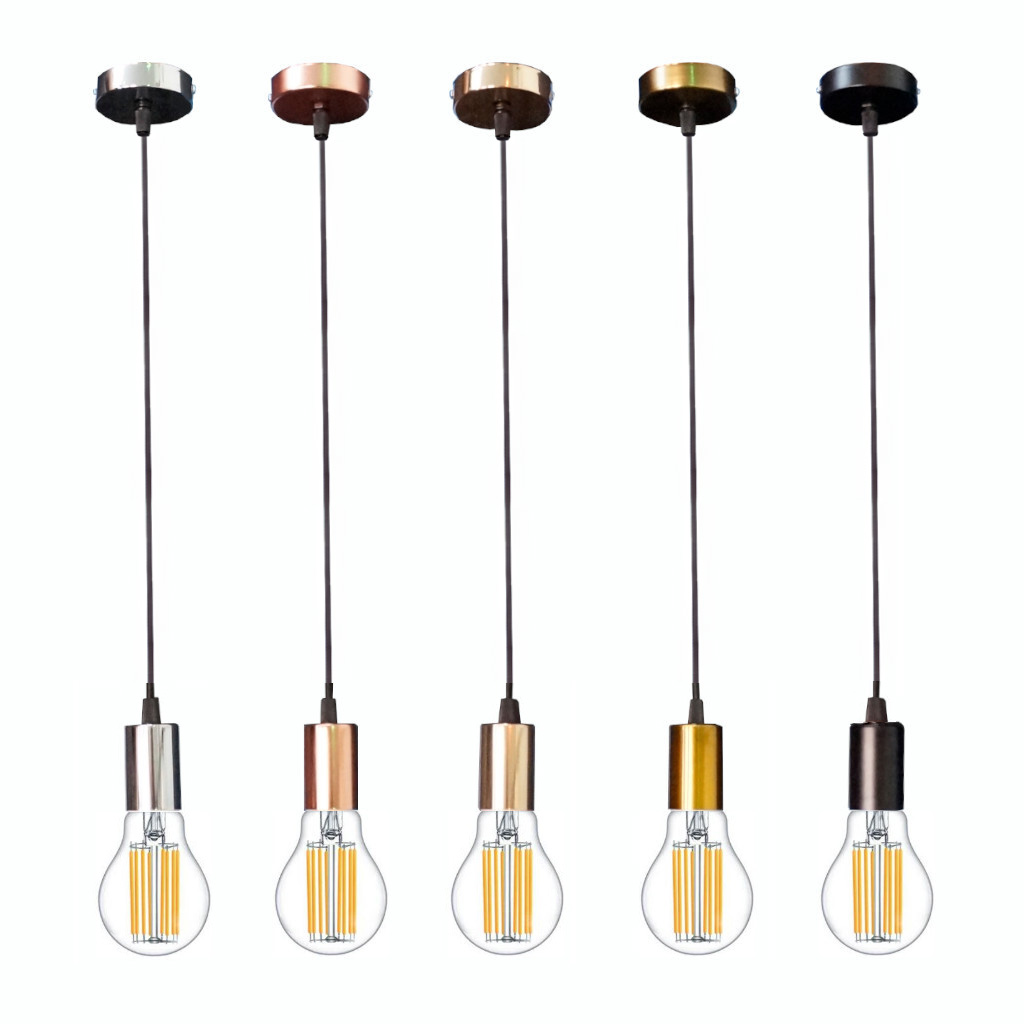
Matching products for the lampholders in the online store
Many more guides, tutorials and more
Finally, we would like to recommend our service area. There you will find numerous other articles (e.g. converting lumens to watts, light units, …), extensive tutorials (e.g. The Light Emitting Diode, DMX512, …), free tools(online lighting design) and much more:
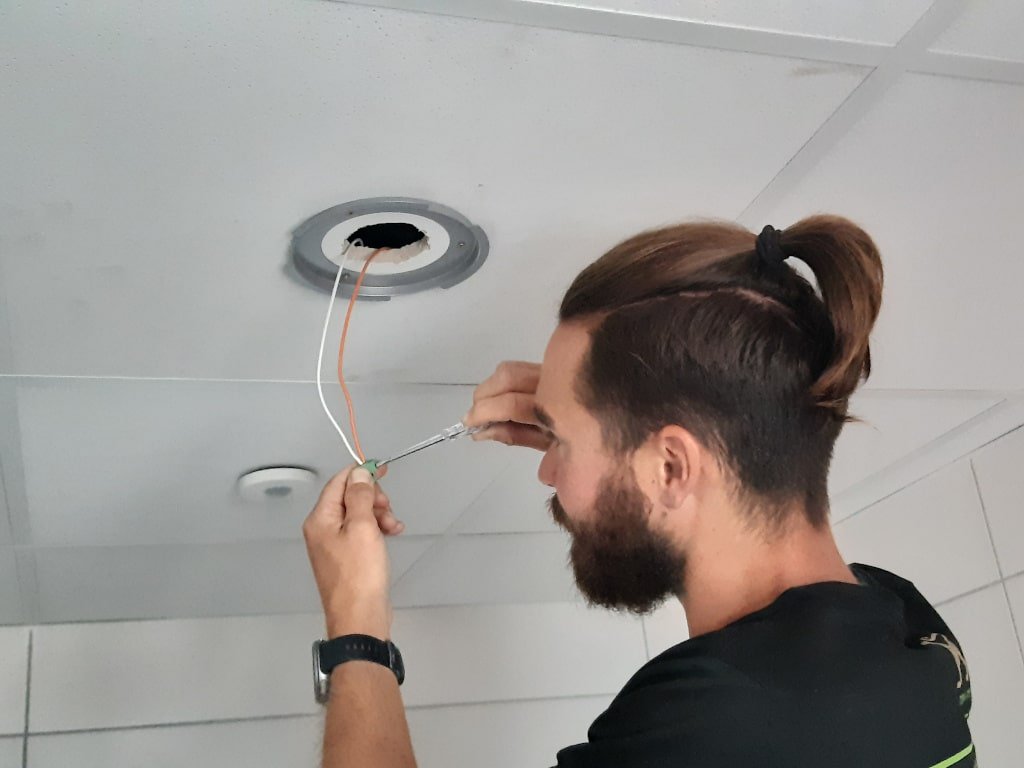
popular posts on our blog:
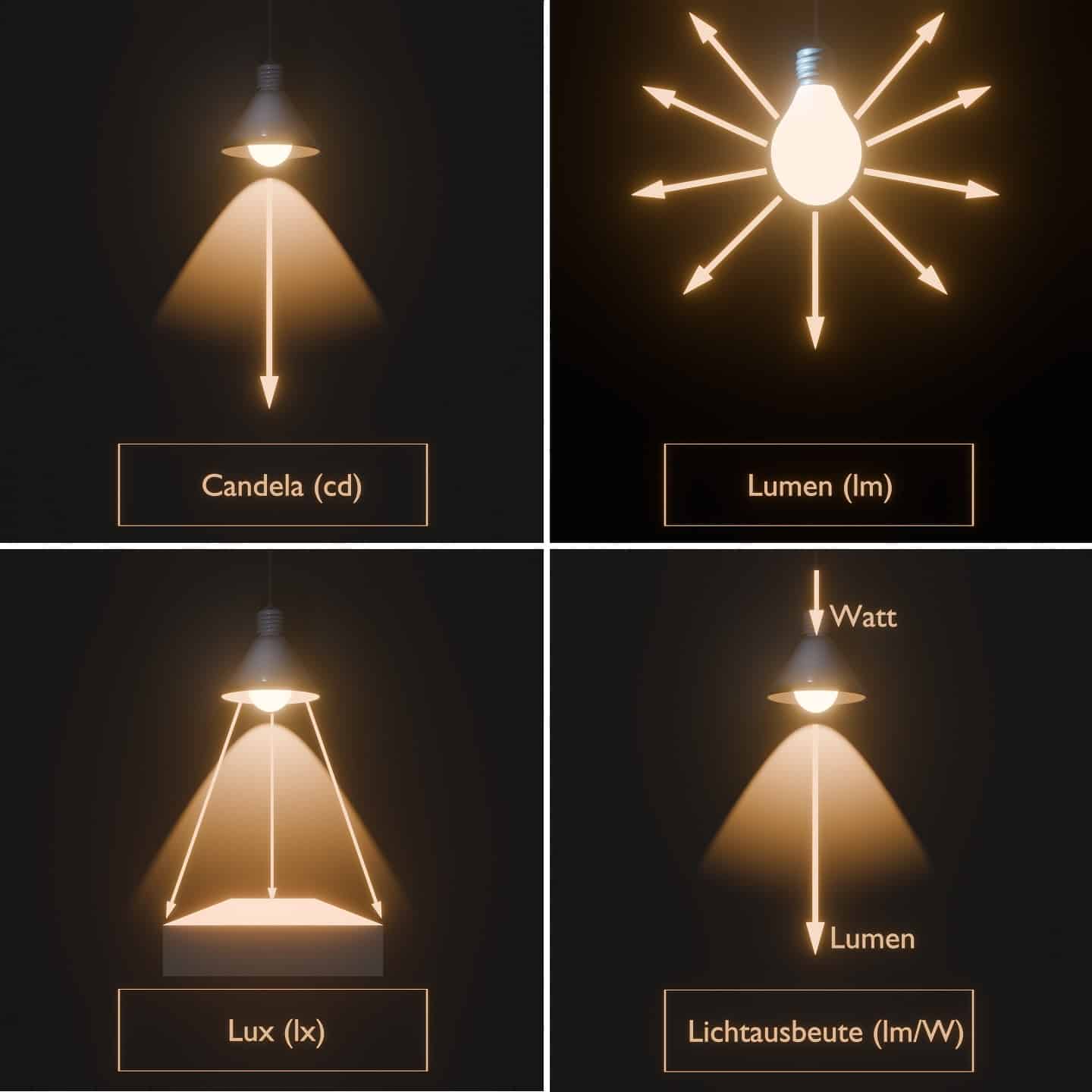
The most important quantities and units relating to light explained simply and presented graphically.
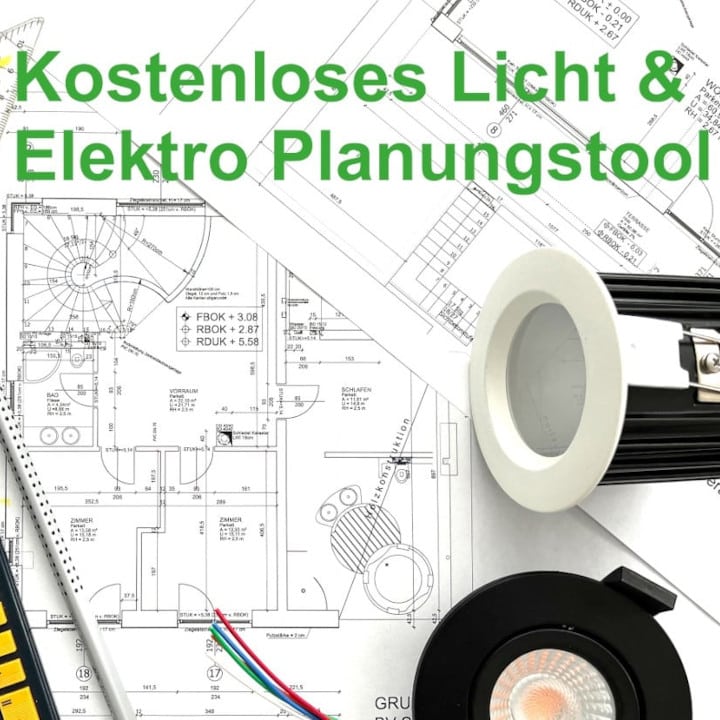
Useful tools – calculate voltage drop, determine number of spots, calculate power, and much more. – combined in one tool.
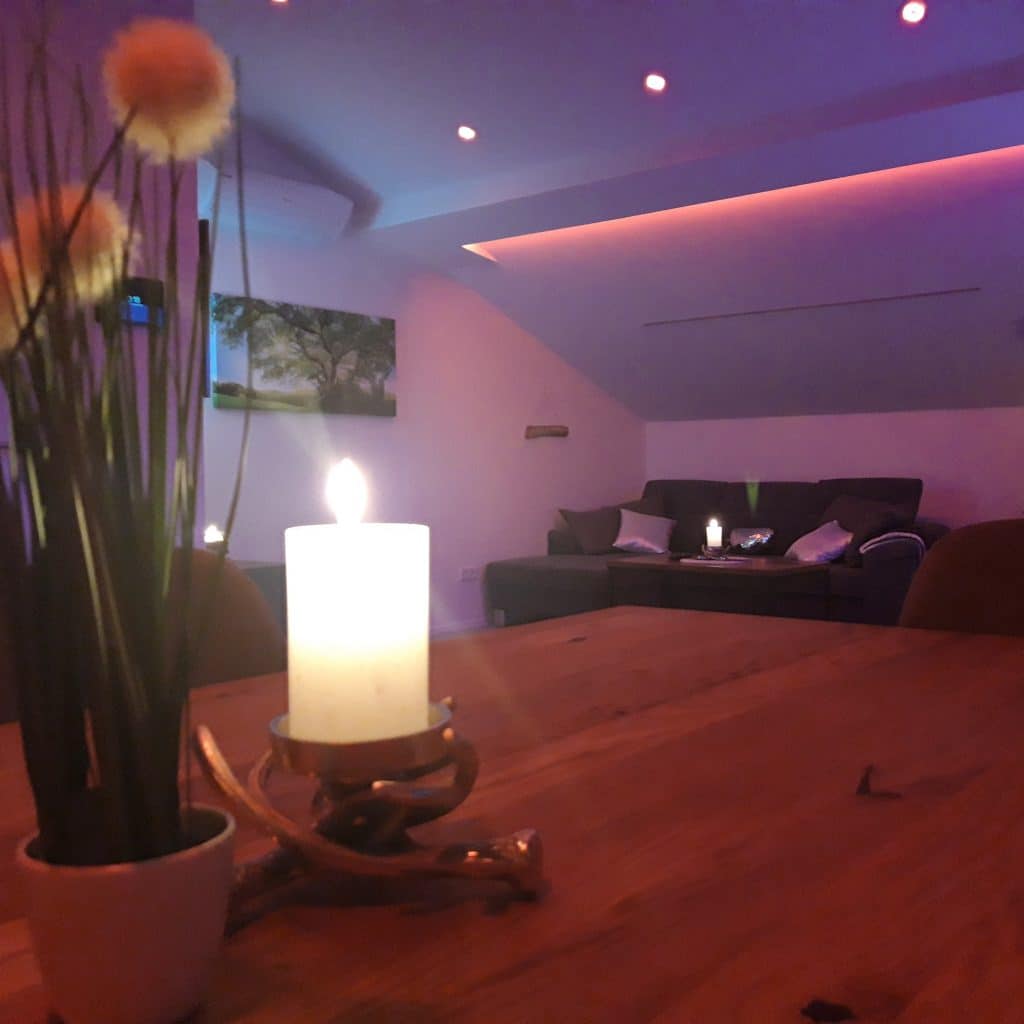
Tips, tricks and the right LED spotlight for the smart home. This and other exciting topics are discussed in the article.
